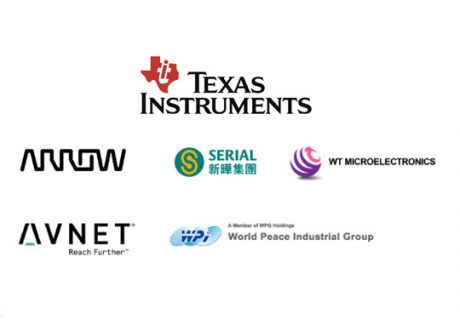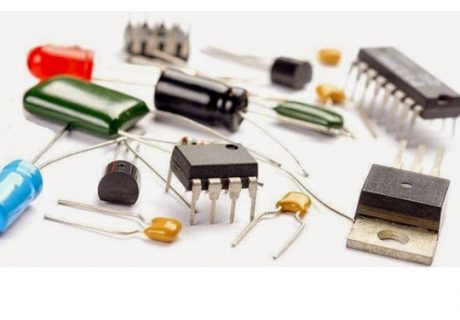Molex was recognized as a top-performing global supplier for Ford Motor Company at the 20th annual Ford World Excellence Awards held recently in Dearborn, Michigan.
Molex, a global manufacturer of electronic solutions, said Wednesday that the company was recognized as a top-performing global supplier for Ford Motor Company at the 20th annual Ford World Excellence Awards held recently in Dearborn, Michigan.
88 companies were selected as finalists from thousands of Ford suppliers globally.
Molex, based in Lisle, was presented with a silver award for Outstanding Product Support by Ford Motor Company’s Joe Hinrichs, executive vice president and president, global operations, and Hau Thai-Tang, executive vice president, product development and purchasing.
“We’re honored to have received this award from Ford Motor Company, as it is a testament not only to the technology we develop and supply, but also the innovation that is an integral part of our culture,” said Joe Nelligan, chief operating officer and president, Molex. “Collaborating with Ford Motor Company enables us to further our commitment to develop next-generation solutions for our customers. Our goal is to make their ideas a reality and bring us all closer to the car of the future.”
“Our World Excellence awards recognize the outstanding achievements of Ford Motor Company’s top-performing suppliers around the world,” said Thai-Tang. “Suppliers like Molex are key to Ford’s continued success as we work toward our goal of becoming world’s most trusted mobility company.”
Honorees were recognized for achieving the highest levels of global excellence in a variety of categories, including:
Added Nelligan, “This award also supports our commitment to the automotive industry and autonomous vehicle technologies that world-class companies like the Ford Motor Company are bringing to market. One example of that commitment is our recently announced automotive Ethernet-based solution that operates at high bandwidth across multiple hardware and software components, further addressing the increasing demand for in-vehicle processing power.”



















